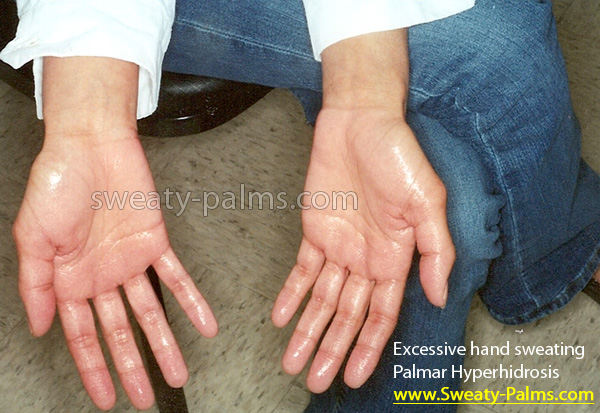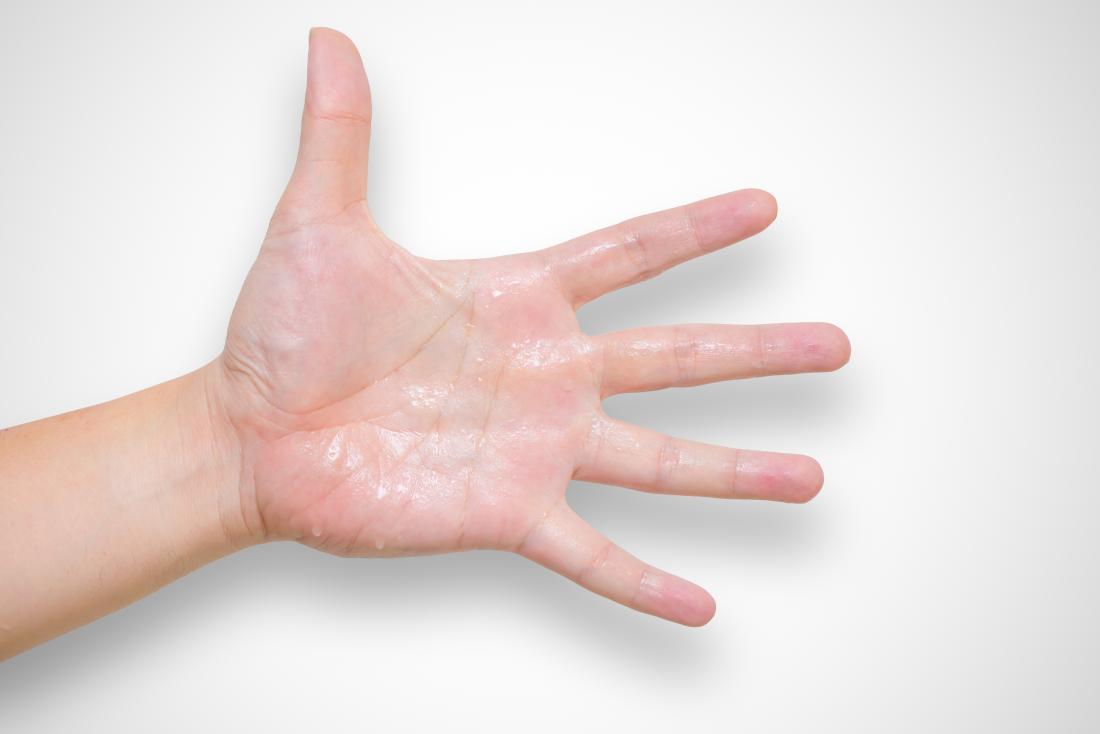Comprehending Excessive Sweating: Dermatology Insights on How to Stop Sweaty Hands
Comprehending Excessive Sweating: Dermatology Insights on How to Stop Sweaty Hands
Blog Article
Recognizing the Origin of Excessive Sweating and Its Influence On Daily Life
Too much sweating, also known as hyperhidrosis, is a problem that influences a considerable section of the population, yet its hidden reasons and effects on day-to-day functioning remain somewhat enigmatic. While it is frequently comprehended as a physiological response to control body temperature level, the triggers for excessive sweating can vary widely among individuals, incorporating not only physical aspects but additionally emotional and mental components. In addition, the influence of this problem prolongs past plain pain, often affecting social communications and general quality of life. By delving into the origin of hyperhidrosis and exploring its complex results, a deeper understanding of this prevalent problem can be obtained, clarifying the complexities that individuals grappling with extreme sweating browse each day.
Physiology of Sweat Glands
The regulation of sweat manufacturing, a crucial physiological procedure, is primarily managed by the task of sweat glands distributed throughout the human body. Sweat glands are classified into two major types: eccrine and apocrine glands.
When the body temperature level rises, either because of exercise, heats, or emotional stress and anxiety, the nerve system activates the gland to generate sweat. This sweat is composed mainly of water and electrolytes like sodium and chloride. The procedure of sweat manufacturing is important for preserving the body's inner temperature level within a slim, optimal variety, highlighting the important duty sweat glands play in human physiology.
Triggers for Excessive Sweating
In comprehending the source of too much sweating, it is crucial to identify the triggers that can cause this physiological feedback. Extreme sweating, likewise recognized as hyperhidrosis, can be motivated by numerous variables, both ecological and physical. One usual trigger is psychological stress and anxiety or anxiousness, which can boost the body's gland to generate even more sweat than is needed for cooling down. Physical physical effort, heats, and spicy foods are additionally recognized to activate extreme sweating in people susceptible to this problem. Specific medical conditions like diabetic issues, menopause, or hyperthyroidism can contribute to excessive sweating as well.
Moreover, medications such as some antidepressants, opioids, and particular supplements can likewise act as triggers for hyperhidrosis. Recognizing these triggers is vital in managing too much sweating efficiently - How to stop sweaty hands. By recognizing and attending to the specific triggers that trigger too much sweating in a specific, health care service providers can create customized therapy plans to ease this problem and enhance the person's lifestyle
Medical Issue Associated
Linked with excessive sweating are different clinical conditions that can worsen this physical reaction. One usual problem is hyperhidrosis, a disorder defined by extraordinarily increased sweating that surpasses the body's thermoregulatory demands. This can manifest in focal areas like the palms, soles, underarms, or face, influencing an individual's lifestyle because of social shame and pain.
Additionally, endocrine conditions such as hyperthyroidism, diabetes, and menopausal hot flashes can additionally lead to extreme sweating. Hyperthyroidism triggers an overproduction of thyroid hormonal agents, speeding up metabolism and setting off sweating.
Moreover, infections like hiv, endocarditis, and tuberculosis have been associated with night sweats, a typical symptom recognized to interrupt sleep and influence general health. These clinical conditions highlight the varied variety of underlying variables that can add to extreme sweating, demanding extensive examination and management by medical care experts.
Psychological and Mental Aspects

Effect on Social Interactions
Too much sweating can have profound results on an individual's capacity to engage easily in social communications. The visible indicators of sweat stains or wet spots on clothing can cause shame and self-consciousness, triggering people to take out from social situations. This withdrawal can affect partnerships, limit social tasks, and prevent personal and professional growth.

Additionally, the anxiousness and self-esteem problems coming from extreme sweating can influence interaction and social abilities. People might battle to concentrate on discussions, take part in group tasks, or reveal themselves confidently. This can lead to feelings of seclusion and loneliness, as social links come to be testing to preserve.
Final Thought

While it is typically recognized as a physical action to control body temperature, the triggers for too much sweating can differ commonly among people, including not only physical factors yet likewise emotional and psychological components. By diving into the origin triggers of hyperhidrosis and exploring its complex impacts, a deeper understanding of this prevalent issue can be obtained, dropping light on the complexities that people grappling with excessive sweating browse on an everyday basis.
Physical exertion, high temperature levels, and spicy foods are likewise recognized to activate excessive sweating in people prone visit this site to this problem. By identifying and resolving the particular triggers that motivate extreme sweating in have a peek here a specific, medical care carriers can establish personalized treatment strategies to minimize this problem and improve the person's quality of life.
Extreme sweating can have extensive effects on a person's capacity to engage pleasantly in social interactions.
Report this page